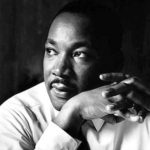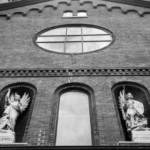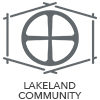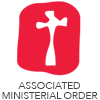“I failed at baking bread” and the via negativa
I suggested the church bake bread for the third week of Advent, the JOY week because food brings such joy. But many failed to bake bread. If you wanted bread for Sunday dinner or even for 7:00pm for an Advent candlelighting, then you really need to get the bread going by halftime, noon Chiefs game. Personally, I fell asleep when I got home from church and when I woke up it was past halftime. I scrambled in between plays to make bread (luckily the Chiefs played poor and had lots of penalties – so more time). I got the first loaf of focaccia out of the oven at 5:53pm. Others were not so lucky. One person failed to get their bread to rise – ever. Another bailed out and just did PopnFresh crescent rolls. Another baked bread but it came out well after 7pm. Many others just said ‘no way.’ They must have baked bread before and knew better. Still others produced great loaves of bread and everyone ate them with delight. Baking bread takes a lot of time. That’s why it is a spiritual discipline. For centuries humans have baked bread. It is a constant human life-rhythm. Jesus said he is the bread of life (Jn 6:35). The Lord’s Table (communion) uses bread and drink as symbol and presence of Jesus’ presence in our lives. Jesus is as...
Read More





